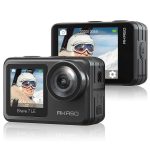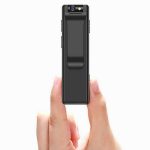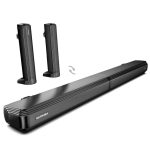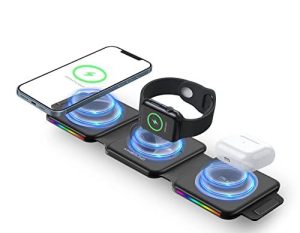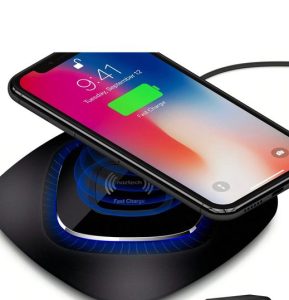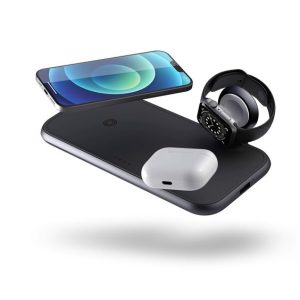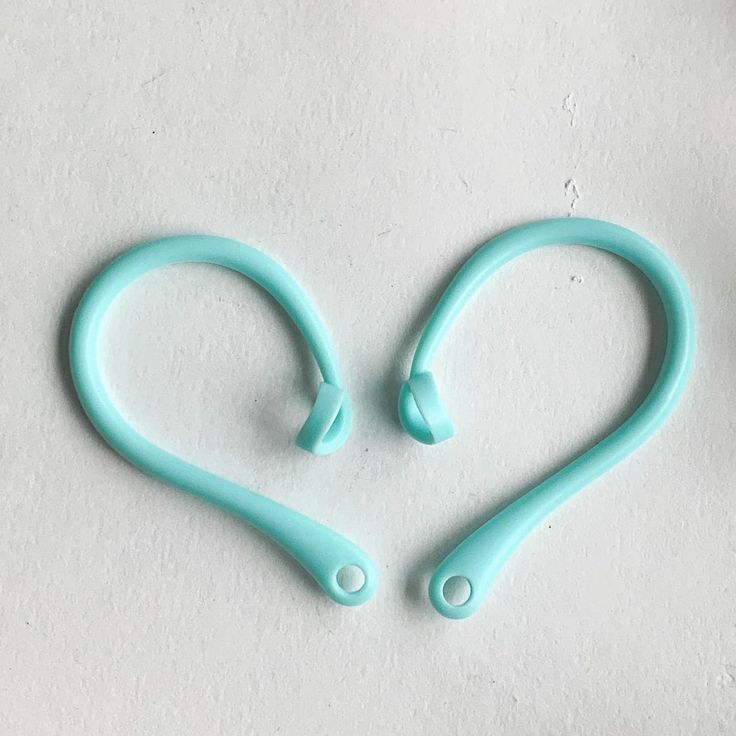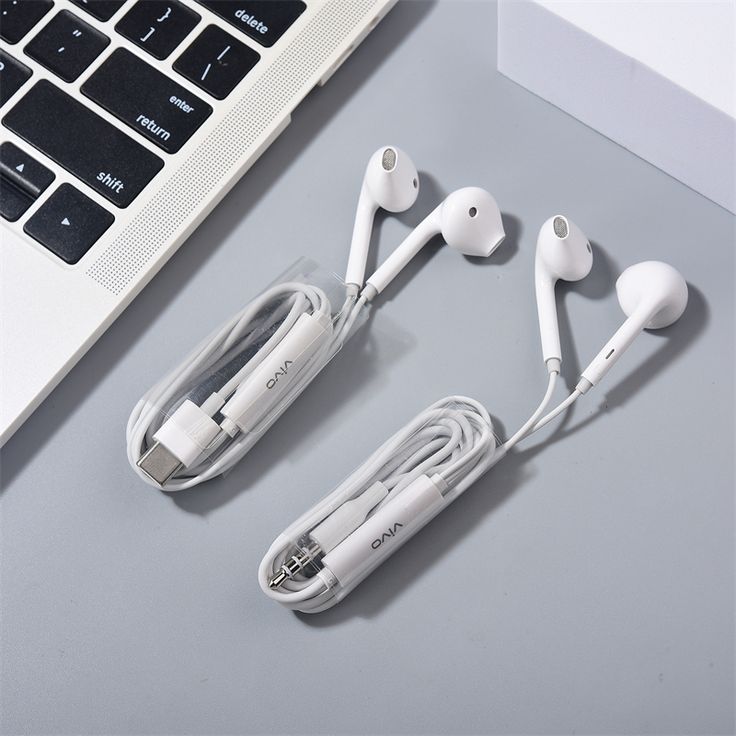In today’s tech-driven world, keeping our devices charged is crucial. But with the rise of wireless charging, many users wonder: wired or wireless, which charging method reigns supreme? Is it better to use a wired or wireless charger? This article explores the pros and cons of both wired and wireless charging to help you decide which is best for you.
Understanding Wired Charging
Wired charging is the traditional method of powering up your device. It involves plugging a cable into your device and the other end into a power adapter.
Here’s a breakdown of wired charging:
Reliable:
Wired charging offers a dependable connection for consistent charging.
Faster charging:
Wired charging generally transfers power faster than wireless charging, especially with fast-charging technologies.
Lower cost:
Wired chargers tend to be less expensive than wireless chargers.
Wide availability:
Wired chargers are widely available and compatible with most devices.
Things to Consider with Wired Charging
While wired charging is reliable and familiar, there are some things to keep in mind:
-
Can be inconvenient: Being tethered to a cable can limit mobility while your device charges.
-
Cable wear and tear: Over time, cables can fray or break, requiring replacement.
-
Potential for port damage: Repeatedly plugging and unplugging the cable can put stress on your device’s charging port.
Understanding Wireless Charging
Wireless charging offers a cable-free way to power up your device. You simply place your device on a charging pad, and the power transfers wirelessly.
Here’s a look at wireless charging:
-
Convenience: Wireless charging eliminates the need for cables, offering a more user-friendly experience.
-
Reduced wear and tear: No cable means less wear and tear on your device’s charging port.
-
Multiple device charging: Some wireless charging pads can charge multiple devices simultaneously.
Things to Consider with Wireless Charging
While wireless charging offers convenience, there are some drawbacks to consider:
-
Slower charging: Wireless charging is generally slower than wired charging.
-
Limited compatibility: Not all devices support wireless charging.
-
Higher cost: Wireless chargers tend to be more expensive than wired chargers.
-
Alignment: For wireless charging to work, your device needs to be properly aligned on the charging pad.
The Verdict: Wired vs. Wireless
So, wired or wireless? The best choice for you depends on your individual needs and preferences. Here’s a quick guide:
Choose wired charging if:
- You prioritize fast charging speeds.
- You don’t mind being tethered to a cable while charging.
- You’re looking for a budget-friendly option.
Choose wireless charging if:
- Convenience is your top priority.
- You’re concerned about wear and tear on your device’s charging port.
- You want to charge multiple devices at once.
Ultimately, the best way to decide is to weigh the pros and cons of each method and choose the one that best suits your needs.
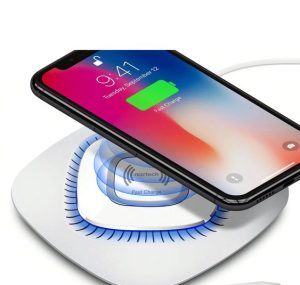
Convenience and Mobility with Wireless Chargers
Wireless chargers offer a different kind of convenience. They eliminate the need for cables and plugs, allowing you to charge your device simply by placing it on a compatible charging pad or stand. This ease of use can simplify your charging routine, especially if you frequently need to top up your device throughout the day.
Flexibility and Ease of Use
Wireless chargers provide flexibility in how you charge your devices. You can place your smartphone or other compatible devices on the charging pad without worrying about plugging in cables. This can reduce wear and tear on charging ports over time, which is particularly beneficial for devices with delicate ports.
When considering which charger is better for you, efficiency and long-term device health are important factors to keep in mind. Wired chargers are generally more efficient in terms of power delivery and charging speed, making them ideal for situations where time is of the essence. However, wireless chargers offer convenience and can prolong the lifespan of charging ports on devices that support wireless charging.
Environmental Impact and Sustainability
Another consideration is the environmental impact of your charging choices. Both wired and wireless chargers consume energy, but wireless chargers may be perceived as more environmentally friendly due to their potential to reduce the production and disposal of charging cables.
Opting for energy-efficient chargers and using them responsibly can contribute to reducing your carbon footprint. Wireless chargers, in particular, promote a cable-free environment, which can lead to less electronic waste over time.
Reliability and Speed
Wired chargers have long been the standard for charging devices. They are known for their reliability and ability to deliver a steady flow of power to your device. When you plug in a wired charger, you can expect a direct and efficient charge without any interruptions. This makes them ideal for situations where you need a quick charge-up, such as in the middle of a busy workday or during travel.
One of the primary advantages of wired chargers is their speed. They typically charge devices faster than wireless chargers due to the direct connection and higher power output. This is particularly beneficial when you need to power up your device quickly before heading out.
Conclusion: Making the Right Choice
In conclusion, whether it’s better to use a wired or wireless charger depends on your specific needs and preferences. Wired chargers offer speed, reliability, and direct power delivery, making them suitable for quick charges and high-power devices. On the other hand, wireless chargers provide convenience, flexibility, and can contribute to long-term device health by reducing wear on charging ports.
When deciding between the two, consider factors such as charging speed, convenience, device compatibility, and environmental impact. Ultimately, the best charger for you is the one that aligns with your lifestyle and charging habits, ensuring your devices are always powered up when you need them. The effectiveness of wireless chargers can vary depending on factors like the distance between the charger and the device, the charging pad’s alignment with your device’s charging coil, and the charger’s output power.
Ultimately, the decision between wired and wireless charging depends on your priorities: speed versus convenience. If rapid charging is crucial, a wired charger is likely the better choice. For hassle-free charging and the convenience of simply placing your device on a pad, wireless chargers offer a compelling alternative. As technology evolves, both methods are becoming increasingly efficient, providing users with more reliable and versatile charging solutions tailored to their needs.

